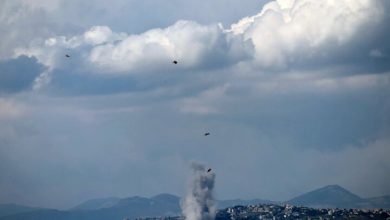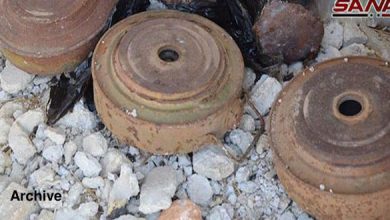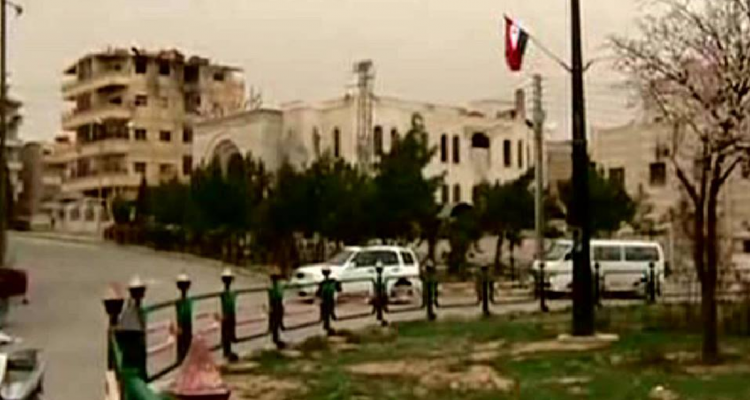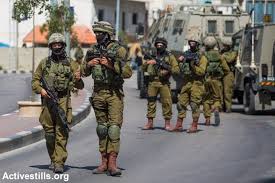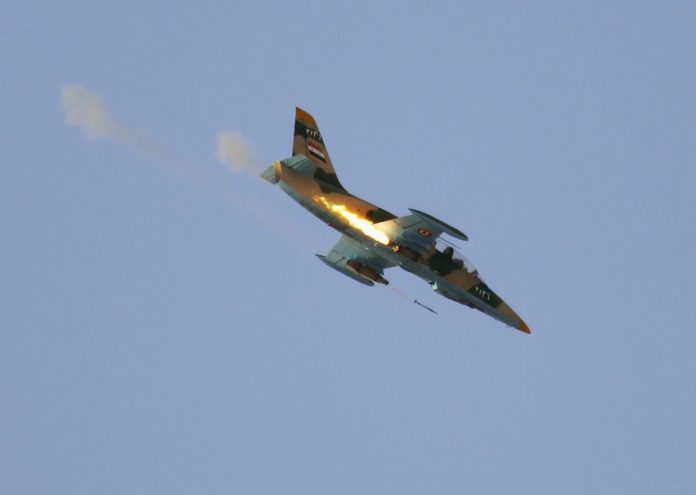‘Islamic Republic is a sanctuary’: Reading Martyr Soleimani’s last will
By Hiba Morad Regarded in Iran as a 'national hero', Iran’s top anti-terror commander General Qassem Soleimani was a charismatic resistance commander, a master strategist, and a seasoned diplomat with lovers and admirers across the world.
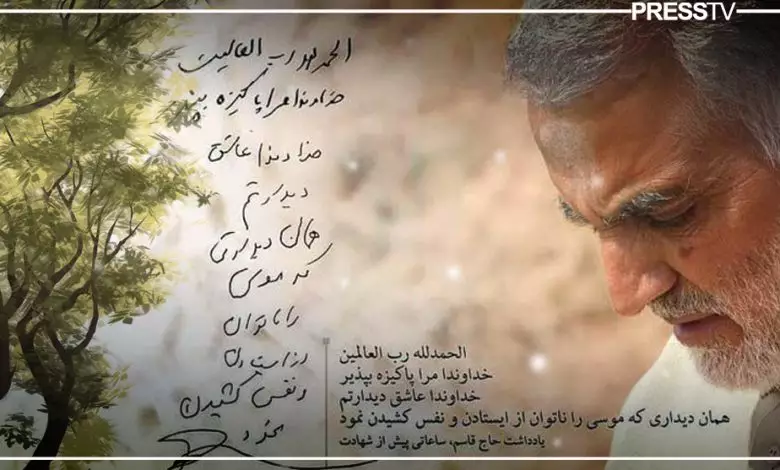
He was recognized in the West as a “shadow commander” and as a “man who changed the Middle East”. In fact, he did change it for the better – a stronger, independent region that says no to Western imperialism.
General Soleimani foiled the nefarious US plot to create a “new Middle East” as declared by then-US Secretary of State Condoleezza Rice in 2006 after Israel launched a brutal war against Lebanon. The top general protected the region and its people from many evil Western schemes.
Like in his life, General Soleimani brought people in Iran together in his death as well when millions took to the streets to bid him farewell. To him, Iran was “the Iranian nation, Iranian soil and Islam,” as mentioned in the last will he left behind.
Soleimani’s will: A roadmap to safety
General Soleimani had deep insight into the future, which is clearly reflected in his last will that he dedicated to his beloved Iran, both the people and the government.
“Brothers, sisters, fathers, mothers, my dear ones! The Islamic Republic is experiencing its most glorious period today. You should know that it does not matter what the enemy thinks about you. What did the enemy think about your Prophet? What accusations did they make about him, and how did they treat his immaculate children? The enemies’ reproach, censure and pressure should not divide you,” Martyr Soleimani addressed the Iranian nation in the will.
The globally renowned military commander seemed to be warning his people and opening their eyes to the fact that troublemakers were seeking to create unrest in the country.
Of course, Iran, which empowers the people of the region and backs the Resistance Front that is growing stronger by the day, is the main target of Western aggression. It would be safe to suggest that Washington’s threatening and warmongering narrative has become the sacred text of its foreign policy towards Tehran.
General Soleimani not only alerted his people of the enemy plots but also provided them with the pillars to protect and safeguard the Islamic Republic of Iran.
“You should know that the Islamic Republic is a sanctuary, and if this sanctuary is preserved, other sanctuaries will be preserved as well,” he wrote, in reference to Islam’s holiest sites which are a direct target of Western hegemony.
Haj Qassem, as he was referred to, implied that the West aims to destroy societies from within by attacking morals and societal values. The war to destroy Iran had already started years ago. The Iranian commander through his will shared a practical road map against such plots.
The second pillar General Soleimani pointed out was the Leader of the Islamic Revolution Ayatollah Seyyed Ali Khamenei and the “Wilayat-e-Faqih” (Guardianship of the Islamic Jurist).
“You know perfectly well that the purest religious scholar who shook the whole world and revived Islam – our great and pure Khomeini – stated that “Wilayate-Faqih” is the only prescription for the salvation of this nation. Therefore, those of you who believe in it as Shi’ah Muslims based on religion, and those of you who believe in it as Sunni Muslims based on logic, should know that you must refuse to abandon the tent of Wilayat, and without any discord among yourselves,” he explained.
By emphasizing the importance of unity, General Soleimani drew attention to the holistic worldview presented by Islam and the Islamic Republic.
Addressing the people, he said when it comes to Islam, the Islamic Republic, Islamic sanctities and Wilayate-Faqih represent the colors of humanity.
“You know that I paid more attention to humanity, to affection and to innate nature than to political colors,” he said, emphasizing the real essence of Islam, a religion of mercy and peace.
Addressing politicians, General Soleimani said Ayatollah Khamenei needs their cooperation and assistance, urging them to “direct the society with your statements, meetings and support.”
He warned officials that governments are the main factor in both strengthening families as well as causing families to break apart and that the Front of Arrogance will do its best to promote disbelief and deviation, which cannot be reversed.
If these principles are acted upon, he asserted, everyone will be on the path of the Leader, the Revolution and the Islamic Republic, pointing to the pillars to protect Iran and Islam.
Elsewhere in his will, he addressed the Islamic Revolution Guards Corps (IRGC) and police forces saying “you should gain a timely understanding of the enemy, his goals and his policies, and then take decisions and act promptly.”
The great martyr’s wording and description of the threats and challenges that might face the Islamic Republic was a reflection of his insight and ability to look into the future.
Real face of war, real face of Iran
Since mid-September, violent foreign-backed riots have swept Iran sparked by the death of Mahsa Amini, a young lady who died at a hospital after suddenly collapsing at a police station.
According to the Western narrative, Amini was murdered in police custody after being savagely beaten in a police van. In reality, as CCTV footage shows, the young woman collapsed after a conversation with a female police officer inside the police station.
Western media reported that people were protesting against Hijab in Iran and the poor economic situation. Soon, self-proclaimed “opposition” figures such as former footballer Ali Karimi and CIA-hired rabble-rouser Masih Ali Nejad jumped in and launched a “movement” to instigate rioters and destabilize the Islamic Republic.
The real face of the movement surfaced quickly. The pillars Haj Qassem told people to preserve in his will were being attacked: Islam, the Islamic Republic of Iran, and the leader of the Islamic Revolution.
It has been more than three months since the riots erupted but the Islamic Republic of Iran did not collapse. There is resentment over economic pressures, mainly caused by US sanctions. That, however, doesn’t suggest that 88 million Iranians are in favor of the “regime change”.
Iran is here to stay because it has been nourished by the blood of martyrs such as Soleimani.
Hiba Morad is a Tehran-based academic and political analyst, currently pursuing a Ph.D. in linguistics at the University of Tehran.
